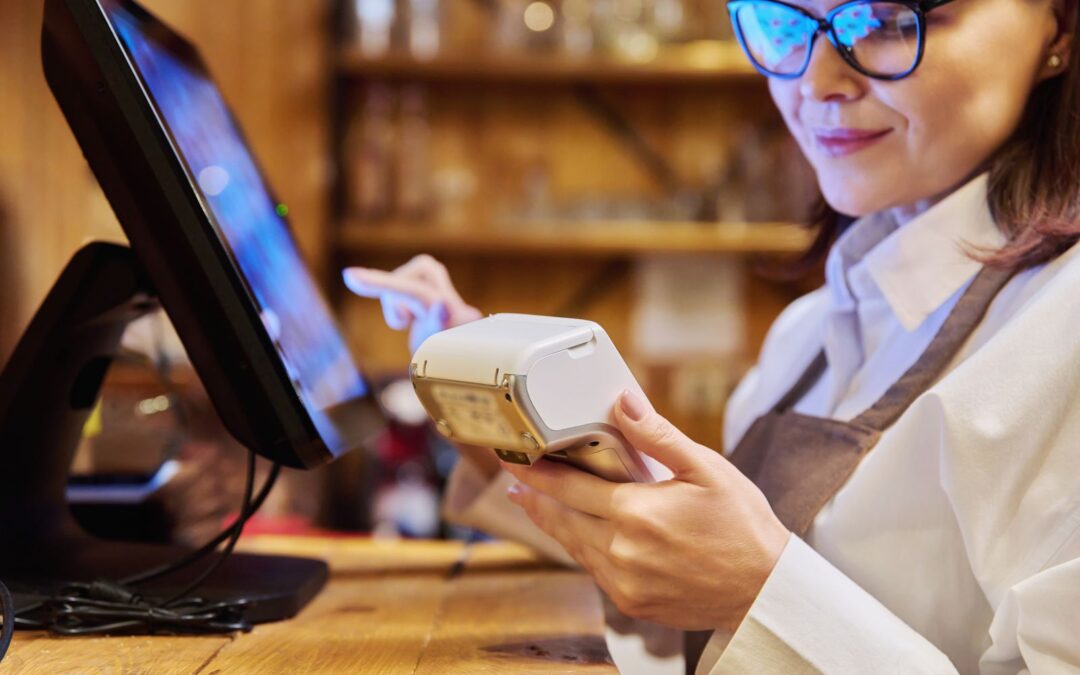Payment processing is a crucial aspect of running a successful small business. It involves managing transactions and ensuring that customers can easily and securely pay for products or services. Choosing the right payment processor is key to ensuring that you provide a seamless payment experience for your customers.
The Payment Processing Landscape
There are various players involved in payment processing, including merchant accounts, payment gateways, and third-party payment processors. Merchant accounts are bank accounts that allow businesses to receive payments via credit or debit card transactions. Payment gateways are software that facilitates the transfer of transaction data between a website or mobile platform and a payment processor. Third-party payment processors, such as PayPal, are companies that provide payment processing services to merchants for a fee. Each option has its advantages and disadvantages. For example, using a merchant account can provide more control over the payment process and potentially lower fees, but the application process can be more time-consuming and require a strong credit history.
Choosing the Right Payment Processor for Your Small Business
When selecting a payment processor, factors to consider include fees, security, and ease of use. Some popular payment processors for small businesses include PayPal, Stripe, and Square. PayPal is well-known and offers easy setup, but fees can be high for some transactions. Stripe is popular for e-commerce and mobile payments and has a simple API for developers. Square is suited for in-person payments and can accept multiple payment types, but has higher per-transaction fees.
Setting Up a Payment Process
Setting up a payment process involves registering for a merchant account, selecting a payment gateway, and integrating with an e-commerce platform or website. The exact steps will depend on the payment processor and accompanying software used. It is important to double-check all settings, fees, and data requirements before launching the payment process to ensure that everything is in order.
Ensuring Payment Security
Security is a top concern when it comes to payment processing. Best practices include using encryption for all data transfers, complying with data privacy regulations, and monitoring transactions for fraud. Payment processors often offer built-in security measures, but it is still important to evaluate the security features of any payment processor before signing up.
Payment processing is a critical aspect of running a small business. By understanding the different players involved, choosing the right payment processor, setting up the payment process properly, and ensuring payment security, small business owners can provide customers with a seamless payment experience. We hope that this guide has provided valuable information and insights for those looking to establish or improve their payment processing systems.
Check Out Pinks Pay Today!
Are you tired of using clunky payment systems that always seem to cause headaches? Look no further than Pinks Pay. Our user-friendly platform makes it easy to accept payments from clients and customers, while also offering top-notch security features to protect sensitive information. Don’t settle for less when it comes to your payments. Check out Pinks Pay today and experience the convenience and reliability you deserve.

